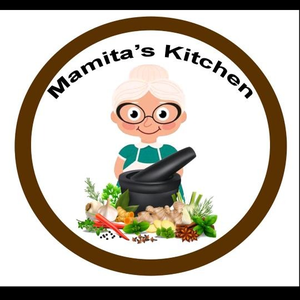Search
1/2
₱1,300.00
Potassium Sorbate Preservation 1 kilo
Sold by Mamitas kitchen
Select options
Select
Shipping
From ₱36.00
Est. delivery by May 12 - May 15

Mamitas kitchen
116 items
Shop performance
Better than 92% of other shops
Ships within 2 days
73%
Responds within 24 hours
100%
Product description
Potassium sorbate is a food preservative commonly used to inhibit the growth of mold, yeast, and fungi in various food products. Here are some of its benefits and uses:
•Food Preservation: Potassium sorbate helps extend the shelf life of food products by preventing the growth of microorganisms that can cause spoilage. It is particularly effective in preserving acidic foods, such as fruit juices, sauces, salad dressings, and dairy products.
•Safety: Potassium sorbate is generally recognized as safe (GRAS) by the U.S. Food and Drug Administration (FDA) when used in accordance with good manufacturing practices. It has a long history of use in the food industry and is considered safe for consumption by most people.
•Wide Compatibility: Potassium sorbate is compatible with a wide range of food products and can be used in both acidic and neutral pH environments. It is also heat-stable, making it suitable for use in baked goods and other cooked foods.
•Effective Preservative: Potassium sorbate is highly effective at inhibiting the growth of bacteria, mold, and yeast, even at low concentrations. This makes it an ideal preservative for a variety of food products, helping to maintain their quality and safety over time.
•Color and Flavor Preservation: Unlike some other preservatives, potassium sorbate does not significantly alter the color, flavor, or aroma of food products. It allows foods to retain their natural characteristics while extending their shelf life.
•Minimal Impact on Nutritional Value: Potassium sorbate is not absorbed by the body and is excreted unchanged in the urine. It does not contribute to the nutritional content of foods and has no caloric value. As a result, it has minimal impact on the overall nutritional profile of food products.
•Cost-Effective: Potassium sorbate is relatively inexpensive compared to some other preservatives, making it a cost-effective option for food manufacturers looking to extend the shelf life of their products without significantly increasing production costs.
Explore more from Mamitas kitchen












No more products
Open TikTok


















